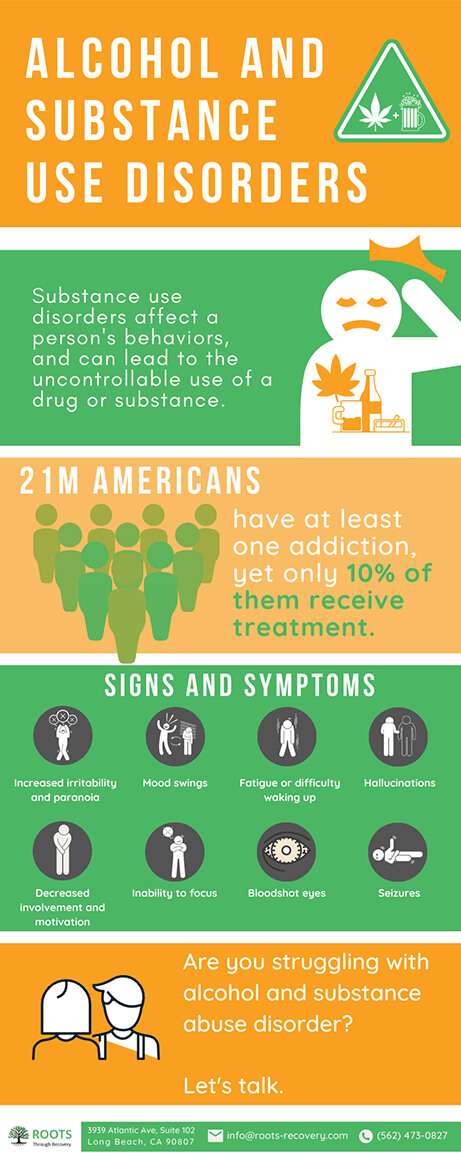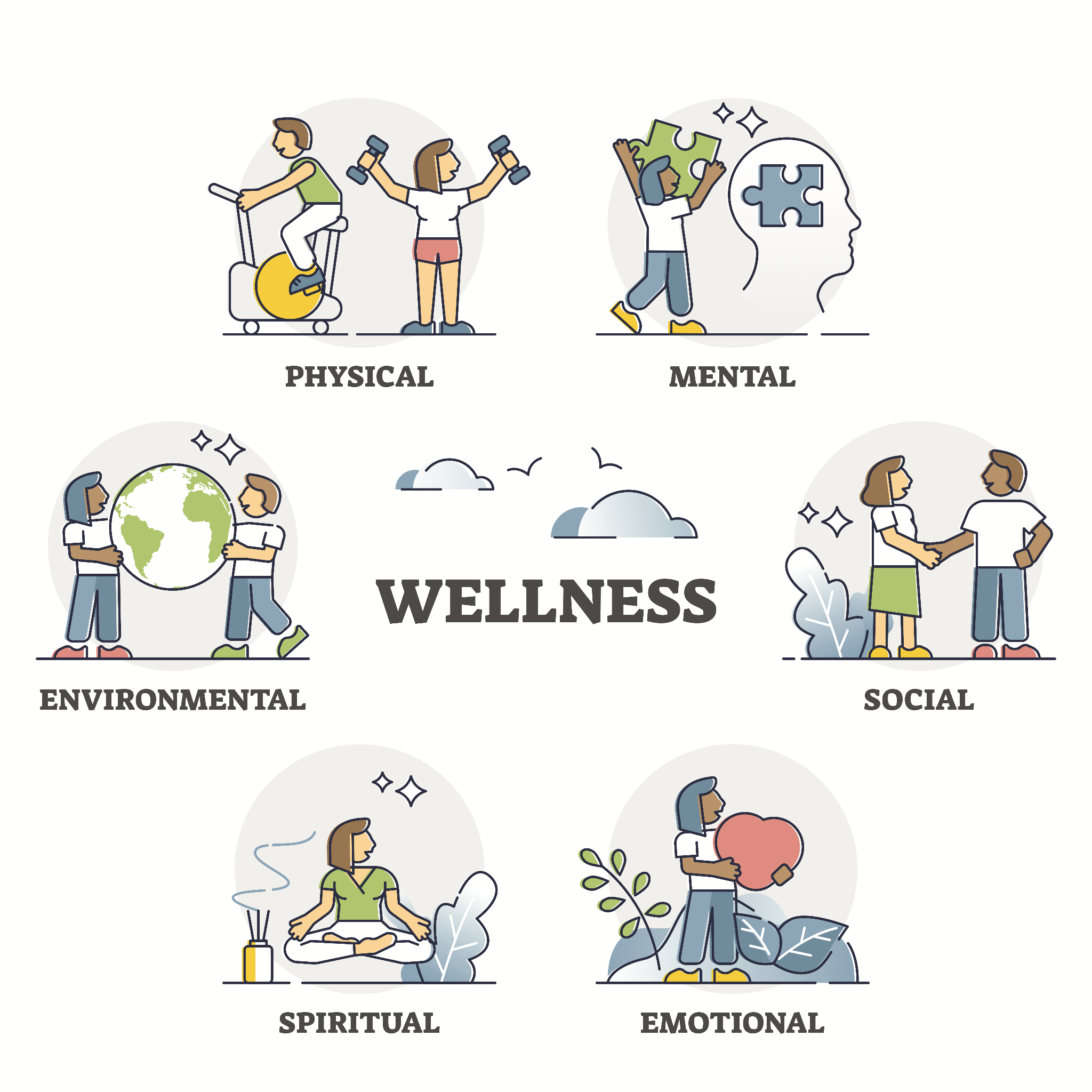Substance Abuse Rehab: A Full Guide to Recuperation
Substance Abuse is just one of one of the most pressing health and wellness and social challenges dealt with by areas and individuals worldwide. It often begins as a coping device for emotional distress, trauma, or anxiety, but can swiftly evolve into a reliance that influences every area of life-- mental wellness, relationships, employment, and overall health. The consequences of addiction are considerable and extreme, frequently causing physical ailments, financial problems, and social seclusion. This is why rehabilitation programs exist: to assist people restore their lives and redeem control over their futures.
Understanding Substance Abuse and the Requirement for Rehabilitation
Rehab facilities are made to deal with the source of dependency instead than simply the signs. A comprehensive rehabilitation program entails cleansing, therapy, behavioral therapy, and education on relapse prevention. Patients discover to identify triggers and create much healthier means to manage tension and feelings. In a lot of cases, rehabilitation is not nearly giving up medicines or alcohol-- it's concerning uncovering a brand-new sense of objective and equilibrium. These facilities supply an encouraging setting where recuperation is not only possible yet lasting.
The path to recovery requires guts and dedication, however with the best treatment, also one of the most serious situations of addiction can be successfully taken care of. Rehab programs supply an organized technique that integrates medical know-how, mental support, and peer encouragement. Each program is tailored to the person's demands, making certain a tailored experience that advertises long lasting sobriety. Whether somebody fights with alcohol, prescription medication, or immoral medications, entering a rehabilitation program is often the initial and most vital step towards lasting recuperation.
Inpatient vs. Outpatient Rehab: Which Option Is Right for You?
When making a decision to seek therapy for Substance Abuse, among the most important options involves picking in between inpatient and outpatient rehabilitation programs. Both methods have their advantages, and the best selection largely relies on the individual's details needs, dependency severity, and personal conditions. Inpatient rehab, likewise recognized as domestic rehabilitation, needs patients to live at the treatment center permanent. This permits day-and-night clinical guidance, structured schedules, and a distraction-free atmosphere perfect for extensive recovery. On the various other hand, outpatient rehab uses better flexibility, enabling individuals to go to therapy sessions during the day while still living in your home and preserving expert or individual duties.
Inpatient rehabilitation is best fit for people who need clinical detoxing, struggle with long-term addiction, or have actually formerly slipped back. The immersive environment guarantees that clients are protected from external temptations and stressors that might set off a relapse. Daily therapy sessions, medical tracking, and team tasks assist individuals remain concentrated on recuperation. In comparison, outpatient rehab is commonly excellent for those with mild to modest dependency or solid support group in the house. This kind of program enables individuals to proceed going to or functioning institution while getting regular treatment and assistance.
Inevitably, the choice between inpatient and outpatient rehabilitation relies on several elements such as dependency kind, clinical requirements, and lifestyle. Some people also transition from inpatient to outpatient care as they proceed in their healing journey - Inpatient rehab. Both programs share the very same supreme goal-- aiding individuals accomplish and maintain sobriety-- yet the degree of structure and assistance varies. A comprehensive analysis by addiction specialists can aid figure out the most reliable treatment plan, making certain that each private receives the treatment and attention they require to flourish past addiction

The Expense of Substance Abuse Rehab and Economic Factors To Consider
Among one of the most typical issues for individuals and family members seeking addiction therapy is the expense of rehab. While prices differ commonly depending upon the facility, program kind, and length of stay, it is very important to watch rehabilitation as an investment in one's health and future instead than just an expense. The price of without treatment addiction-- consisting of shed performance, legal concerns, medical complications, and damaged relationships-- often much exceeds the cost of specialist treatment. Numerous rehabilitation centers currently provide adaptable payment alternatives, insurance coverage, and monetary aid to make therapy more obtainable.
Inpatient rehab programs have a tendency to be more expensive than outpatient programs because they include accommodation, dishes, and 24-hour medical supervision. Deluxe rehab centers with high-end facilities, personal areas, and holistic therapies can cost significantly more, while community-based or charitable rehabilitations often offer inexpensive and even free therapy alternatives. Outpatient rehab is typically less expensive considering that it doesn't call for over night keeps, yet the complete expense can still vary depending upon the duration and intensity of the program. Some insurance prepares cover complete or partial expenses for rehabilitation, particularly if the therapy is considered clinically needed.
Financial barriers must never ever stop somebody from seeking assistance. Many treatment centers understand the financial pressure that dependency creates and are prepared to work with clients to create manageable payment strategies. Some provide moving scale fees based upon revenue, while others get government financing to sustain those in requirement. When examining expenses, it's also important to consider the long-lasting benefits: improved wellness, brought back connections, and a chance at a much more effective and steady life. Healing is invaluable, and the price of rehab is frequently the key to opening a future without the chains of addiction.
Attributes and Facilities of a Top Quality Rehabilitation Center
The setting in which recovery takes location plays a vital function in the success of a rehab program. A top quality rehab facility is more than simply a clinical facility-- it is a healing refuge designed to nurture the spirit, mind, and body. The best centers integrate evidence-based clinical therapies with comfortable living arrangements and restorative settings. People should feel risk-free, supported, and inspired as they browse their recuperation journey. Modern rehab centers typically include exclusive or semi-private rooms, serene outside areas, nutritious dishes, and entertainment tasks that advertise health and leisure.
Past convenience, the key features of a trustworthy rehabilitation facility consist of specialist staff, customized therapy strategies, and a variety of therapeutic alternatives (addiction treatment). Multidisciplinary groups of medical professionals, specialists, therapists, and assistance personnel interact to develop a customized program for each patient. Evidence-based therapies like Cognitive Behavior modification (CBT), Dialectical Behavior Modification (DBT), and motivational talking to are incorporated with holistic treatments such as yoga, meditation, art treatment, and health and fitness programs. This incorporated method addresses not simply the dependency itself, but also the psychological and emotional factors adding to it
Additionally, the most effective rehabilitation facilities highlight long-term and aftercare assistance. When an individual leaves the facility; keeping sobriety calls for continuous guidance and responsibility, recuperation doesn't finish. Numerous facilities provide graduates programs, group therapy sessions, and area reintegration solutions to guarantee ongoing development. Facilities that give a continuum of care-- from detoxification to outpatient support-- have a my blog tendency to generate the most effective outcomes. The overall objective is to develop an atmosphere where people can recover totally, reconstruct their self-confidence, and re-enter the world with self-confidence and security.
Advantages of Substance Abuse Rehabilitation Programs
Enrolling in a compound Abuse recovery program offers many benefits that expand far beyond getting over addiction itself. One of the most considerable advantages is the organized setting that rehab offers. Individuals battling with dependency often live in turmoil or unpredictability, yet rehab introduces stability and routine. Every facet of daily life-- from therapy sessions to meals and rest-- is prepared with objective, aiding clients establish self-control and uniformity. This structure ends up being a foundation for developing a sober lifestyle and decreasing the risk of regression after therapy.
One more significant benefit of rehab is the site link specialist assistance available around the clock. Dependency is not just a physical reliance; it's likewise a mental and emotional battle. Within a rehab center, patients have access to physician who can securely take care of withdrawal signs and symptoms, in addition to therapists who specialize in treating the psychological facets of healing. This level of care ensures that patients are never ever alone in their battles. Team therapy sessions also provide a feeling of area, permitting people to get in touch with others who understand their obstacles and can share their experiences.
Substance Abuse rehab outfits people with lifelong tools for keeping sobriety. Via education, treatment, and relapse avoidance planning, people discover to recognize triggers, manage stress and anxiety, and make much healthier life choices. Rehabilitation helps them restore broken partnerships and uncover passions and his explanation goals that were shed during addiction. It's a transformative procedure that restores self-confidence, emotional equilibrium, and hope. The ultimate advantage of rehabilitation is that it doesn't just conserve lives-- it reconstructs them, aiding individuals find their worth and develop a brighter, addiction-free future.
The Path Ahead: Structure a Life Beyond Addiction
Healing does not end when the rehabilitation program does-- it's a recurring process that calls for assistance, dedication, and self-awareness. After completing therapy, individuals must find out to reintegrate right into their lives while keeping the lessons they've obtained in rehabilitation. This includes developing healthy coping methods, preventing settings related to Substance use, and surrounding themselves with favorable impacts. Lots of people proceed with outpatient treatment or sign up with support system like Narcotics Anonymous (NA) or Alcoholics Anonymous (AA) to stay responsible and linked to the recuperation community.
A strong aftercare strategy is important for long-lasting success. Rehab centers that offer follow-up therapy, peer assistance, and regression prevention programs give individuals the most effective opportunity of maintaining sobriety. Building a brand-new way of living may include pursuing education, offering, or discovering brand-new hobbies that reinforce favorable habits (dual diagnosis rehab NJ). Households also play a vital duty in the recovery process; when enjoyed ones take part in household therapy and recuperation education, they become an energetic part of the support group, minimizing the danger of relapse

Inpatient rehabilitation, additionally understood as property rehab, requires people to live at the therapy facility permanent. Inpatient rehab programs have a tendency to be a lot more expensive than outpatient programs because they consist of lodging, meals, and 24-hour clinical supervision. Luxury rehabilitation centers with premium facilities, exclusive spaces, and holistic treatments can cost significantly extra, while community-based or charitable rehabilitations often offer inexpensive or also complimentary treatment choices. Recovery does not end when the rehab program does-- it's a recurring process that calls for assistance, dedication, and self-awareness. Rehab facilities that provide follow-up therapy, peer assistance, and relapse avoidance programs give individuals the ideal chance of keeping sobriety.